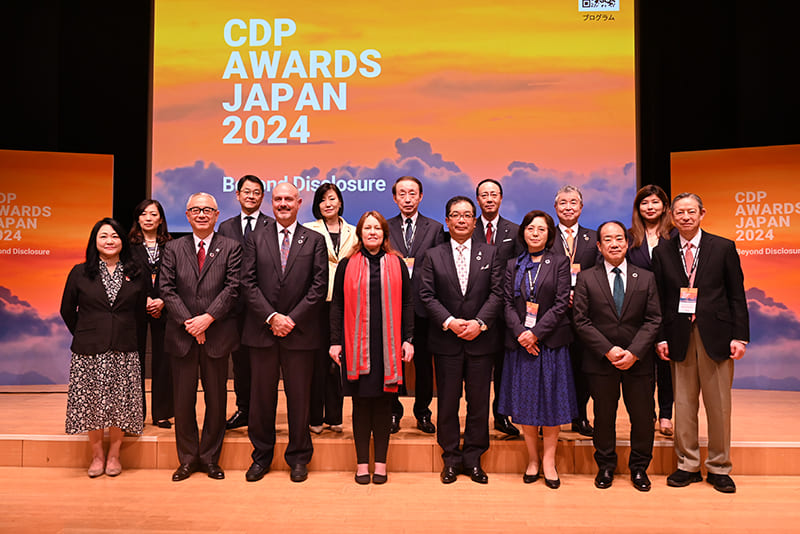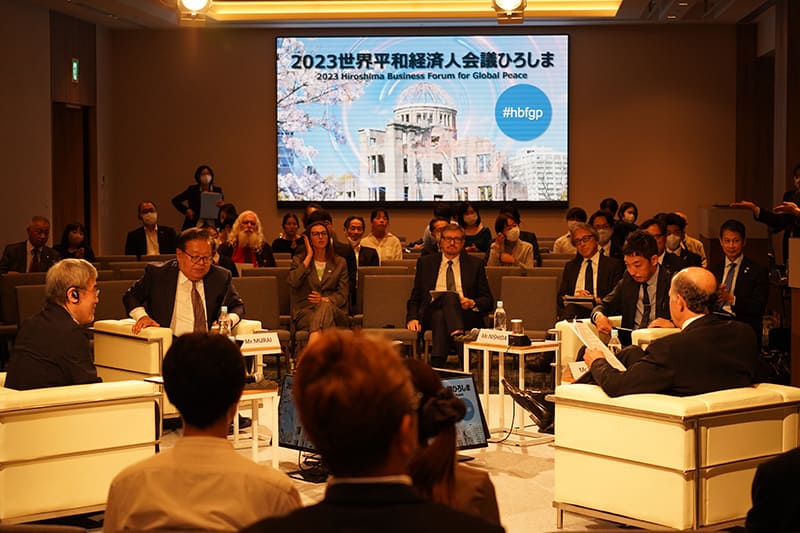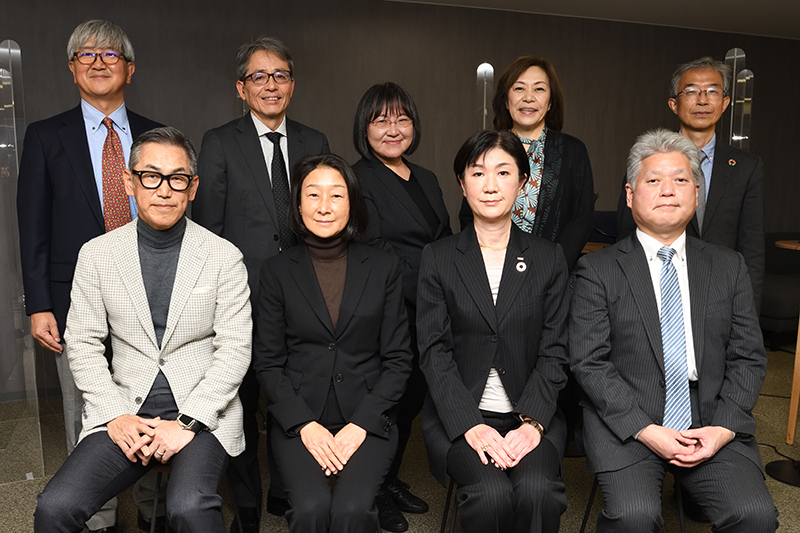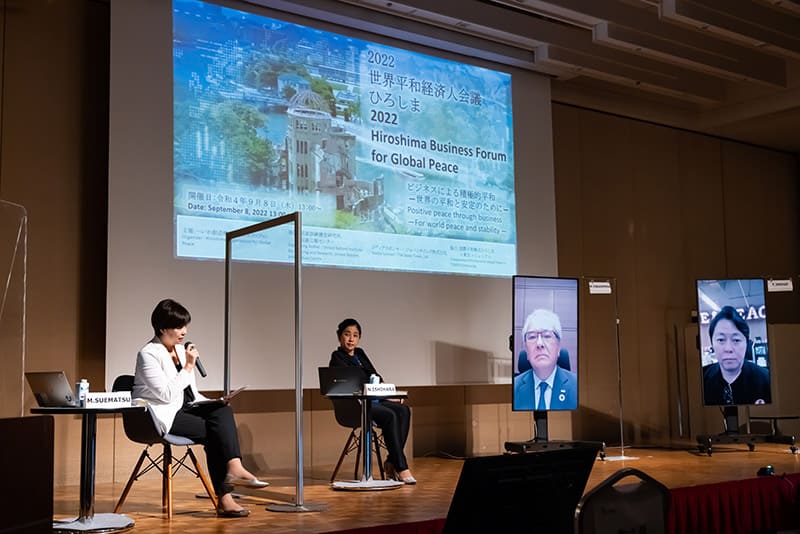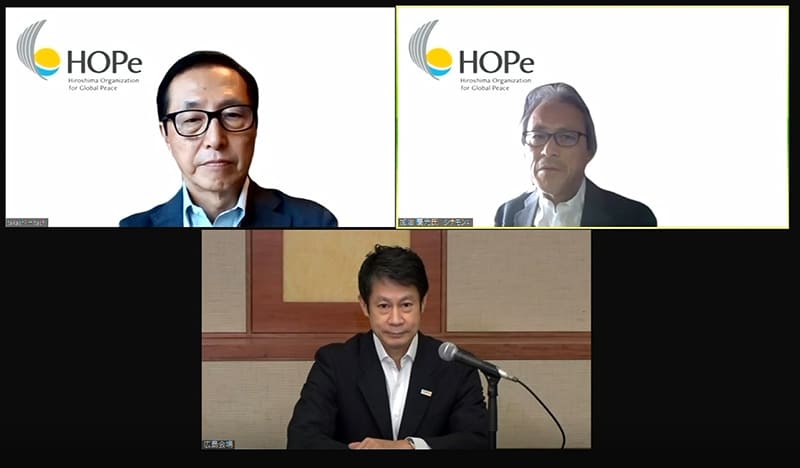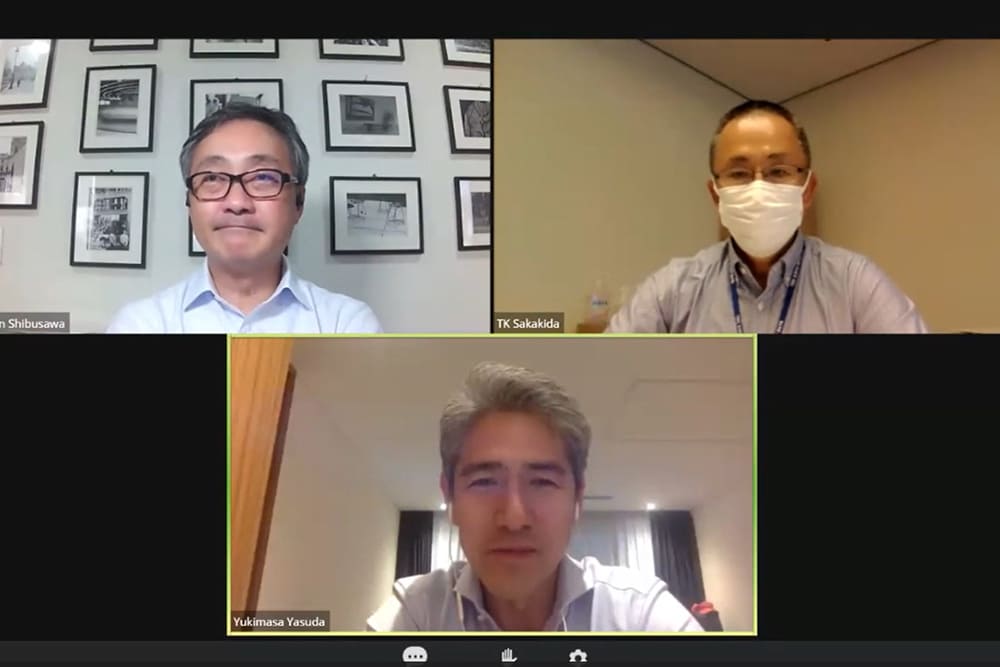July 15, 2022
Kirirom forum examines how Japan can win abroad
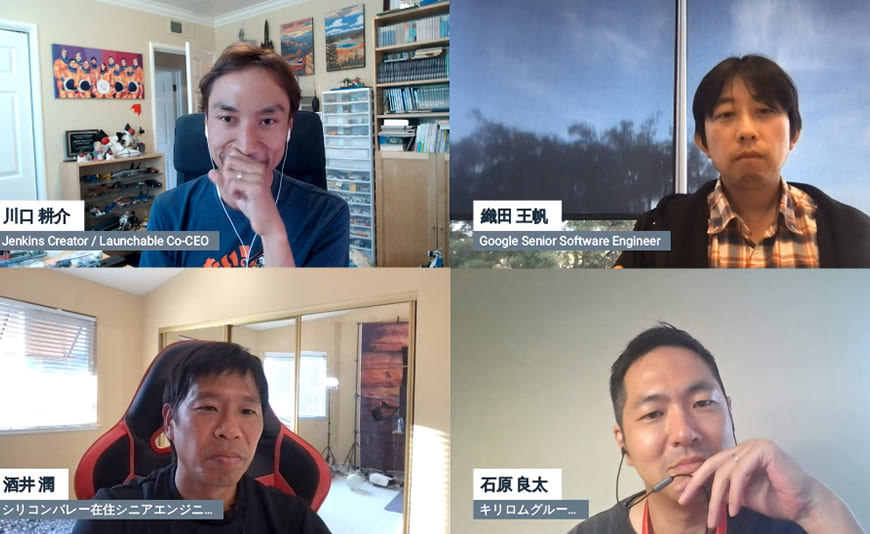
It has always been a challenge for businesses and people in Japan, an island nation, to make achievements on the world stage, but the last few years of near-isolation due to the COVID-19 pandemic raised a wall to the world and forced many companies and individuals to turn inward.
In the Kirirom Global Forum 2022, which took place online from April 29 to May 5, 140 speakers discussed ways for Japan to better compete in the global market.
One of the 40-plus sessions focused on the possibility of ASEAN countries encouraging more Japanese entrepreneurs and business owners to enter its markets. Three business leaders who have been successful in tapping into the markets discussed important points to consider for those taking on the challenge.
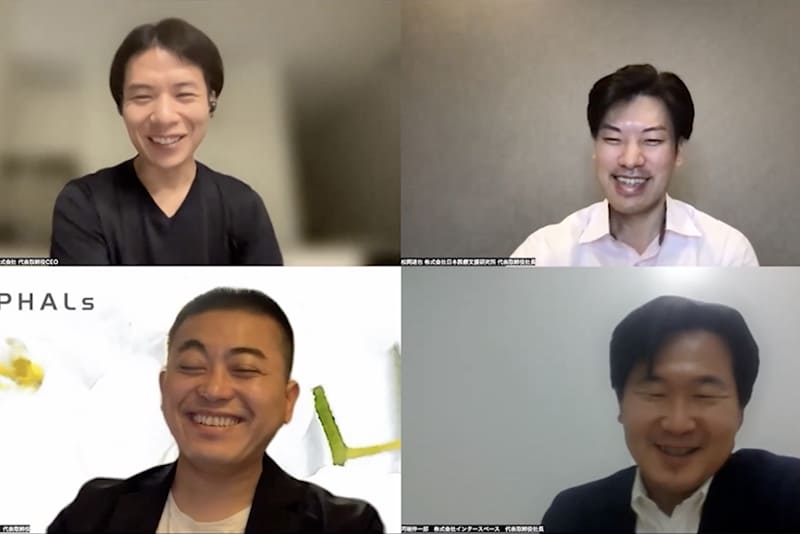
One is to analyze which country to enter first. Shinichiro Kawabata, CEO of Interspace Co. Ltd., launched the affiliate platform Accesstrade in 2001 and has expanded its service areas to five countries in Southeast Asia. “I looked at the population and GDP per capita and divided the countries in two segments: one that is smaller in scale and easier to succeed in, such as Singapore, and the other that offers bigger potential, such as Indonesia. Thailand seemed to sit in between, which is why we chose to start from there,” Kawabata said.
Nobuaki Takahashi, CEO of Phals Inc., chose Cambodia as a starting point for providing microfinance services in the agricultural sector. He said: “It helps that in Cambodia we can do business in English and in U.S. dollars. Incorporation of 100% foreign-owned firms is accepted too. Cambodia is also a pro-Japan country. Being a Buddhist country, we seem to share certain values.” He plans to expand Phals’ service to neighboring countries such as Myanmar and Laos as the next step.
Kosuke Sogo, CEO of AnyMind Group Inc., a platform provider offering one-stop support for branding, e-commerce, marketing and logistics, launched his business in Singapore, a country he knew well from his previous job. AnyMind Group now has 17 offices in 13 countries across the globe.
Another important factor is how to find good local managers. Sogo said there are two ways: “Either you acquire a local company itself that comes with a leader with entrepreneurial mindset, achievements and reliability, or you select and support a talented young member until he or she can take over as the manager.”

In another session, three Japanese information technology engineers who work in the United States talked about differences between Japan and America in terms of the environment surrounding engineers and how more Japanese engineers can be successful on the global stage. Jun Sakai, a senior engineer at Splunk Inc. in Silicon Valley, who started his career as an engineer in Japan, said there is a big wage gap between engineers in America and Japan that derives from “the huge gap in sales and profits of companies.” He said: “If you create something in the U.S., it can sell worldwide. Then the company can give more back to its employees.”
Kosuke Kawaguchi, the creator of Jenkins, an open-source automation server, and co-CEO of Launchable, a global software startup, said, “It is not about the ability of engineers but about how the sales side can bring out the maximum value out of what’s been created.”
Ohan Oda, a senior software engineer at Google, said: “It is a chicken-and-egg issue. Talented engineers flock to Silicon Valley from around the world because they think companies pay well here. Companies have no choice but to offer good salaries if they want to hire capable engineers.”
There is also a difference in business cultures. Sakai pointed out that Japanese companies tend to outsource development but this is slower than in-house development, which is preferred by most technology companies in the U.S. Oda said that “software is a living creature” requiring continuous updates and fixes, which can be harder if the software is externally developed.
All three agreed that the environment surrounding engineers in Japan may begin to change if the number of Japanese engineers who work and become successful abroad increases. They also pointed out that Japanese engineers are not only technically capable but also good at working in teams and meeting deadlines. Although they said that time differences between countries may pose big problems in an industry where speed is vital, Sakai suggested that “Japanese engineers may still be able to live in Japan while working with an international team remotely by building components that support the core of software that is being built elsewhere.”

